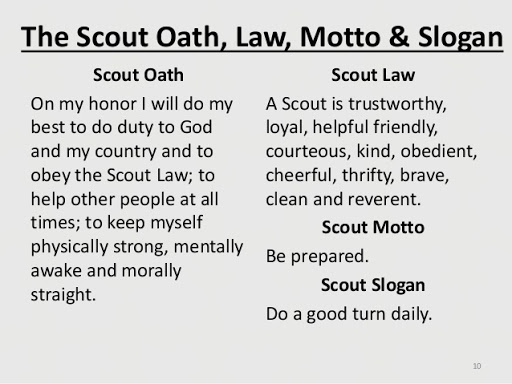I can’t attribute the phrase “if you fail to plan, you plan to fail”, but I’ve certainly understood it on a deeper level over the past couple of weeks.
While I rarely experience dietary challenges these days (unless I choose to take a food vacation), the saying is certainly true. Back in 2003 or so, I had my first go at the Atkins Diet and only knew how to read a label to see how many carbs were in an item. I learned a huge lesson early on; I was at a Walmart store with my daughter and some of her softball teammates while they were outside the store fundraising. I hadn’t brought food with me and didn’t know enough about what to buy, so I took a few minutes and raced inside and grabbed something to eat.
I grabbed a box of “low carb” chocolate candies. They were right in front of the store in the pharmacy area with other diet supplements, and I could read the label. And I was hungry.
Over the course of the next hour or so, I gradually ate the entire box, which was probably about 4-6 servings. Without being graphic about it, I assure you that, at least for me, sugar alcohols are the best tasting laxative made. I wish I could claim that it only took once to learn that lesson, but no.
I didn’t plan on being hungry. That lesson, I eventually learned, but not without some failures in there. There are also plenty of times when I’ve thought I had a good plan in place, only for the unimaginable to happen.
It has been a learning process over the years, and I’ve definitely had to learn to roll with the punches. I used to use failure as a reason to give up on my efforts rather than putting them in perspective. We can’t possibly control or avoid every challenge we face, after all, and life changing processes are definitely prone to such challenges. I firmly believe there’s something to learn by these experiences, and try to look for the lesson rather than self-destructing, like I used to. If an indulgence I willingly took ends up as a higher number on the scale or in my clothing size, I have no one to blame but myself — and I accept that responsibility.
This long trial-by-fire has helped me in dealing with my mother’s health issues. The rollercoaster is far from over; last week, while in rehab, she tested covid-positive. Luckily, she has remained asymptomatic, but symptoms could have so easily ended her fragile life earlier. The only downside has been that the rehab will keep her for an extra week, but that actually works in my favor as I continue to handle her affairs.
My father died when I was 8 months pregnant. He was remarried at the time, and he died of a massive heart attack. His widow handled his affairs, so I had nothing to do with it. But the lesson from that was that my mother and I made decisions and planned decades ago. I agreed that I would be the one to step in as she aged and started to fail. We had the right legal documents in place years ago. But the idea that she might eventually end up in a nursing home just didn’t really occur to either of us until it was really no longer a choice. We are in the final steps of that process.
Believe me, no responsible and caring adult child wants to send their elderly parent to a nursing home during a pandemic, but at this point, these decisions come down to odds-making and preparation. And we didn’t prepare for this possibility, so I’ve been learning some hard lessons since finding her collapsed on her bathroom floor.

My mother served as a volunteer with the Boy Scouts for decades, and eventually, worked for them as a paraprofessional, retiring from the organization just before moving closer to me. Her home is filled with the hallmarks of a dedicated life; she has innumerable achievements to her credit. A Silver Beaver (formerly a Silver Fawn, and then the name changed) recipient, Wood Badge, Order of the Arrow. If you know anything about BSA, you might understand the challenges she met, and willingly. Regardless of the tokens of her life, she lived her life — and taught us to live ours — by the same tenets set forth in Scouting.
She lived a second life after divorce, traveling across the country, earning an associate’s degree so she could qualify to work as a paraprofessional for the BSA, working on achievement after achievement. The photos I’ve found show the story of a life well-lived in service. Now, that life is focused down to a pinpoint — existence and survival as the sunset or her life approaches.
My job for her — perhaps one I’ve inadvertently been training for with my own personal journey over recent years — has been to let her life be about final dignity. But I wasn’t prepared. Not for the tough conversations, the paperwork, the need to be fierce at times and thoughtful at others, during a damned pandemic, no less, that has left me separated from her while she attempts to heal. A healing that may well be a final sunset rather than an eternal lonely afternoon. She deserves peace.
Have I done enough? Is there more I may yet be called to do? I don’t know — but my focus, now, is to be prepared.